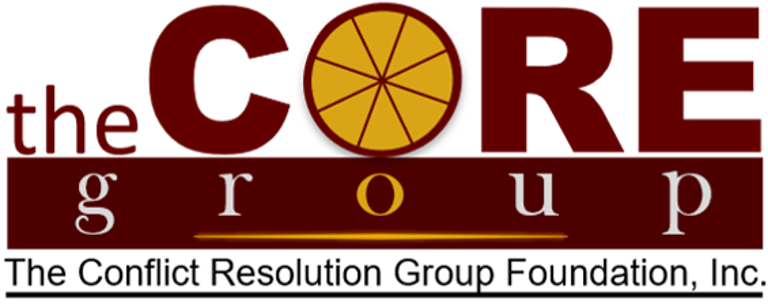Do You Have What It Takes To Be A Mediator?
Keywords: Philippine mediation. Leading mediation service provider in the Philippines. Mediator accreditation. OADR accredited. Mediator. Values-based Mediation
March 15, 2018
We have been programmed all our lives to solve problems and, admittedly, there are those who take on the role of a mediator only to end up taking control of the decision-making process for the parties. Let’s face it! It is easier to give our opinion and expect others to follow. Encouraging people to work together, particularly those involved in conflict, is not the easiest task in the world. It is for this reason that mediation courses necessitate a holistic approach to develop a mindset that mediators are not problem solvers but rather process experts.
1. It’s not about you – The mediation process is about guiding the parties to the direction they would like to go. It is not a venue to promote personal advocacies, nor provide content expertise. It is about listening to each party in such a way that their stories will help them achieve clarity. It is bridging perspectives of disputing parties towards understanding and acceptance.
2. Thinking out of the box – Mediators require systems thinking rather than linear thinking. It is about deepening the conversation to uncover all possible connections. Mediation is about looking at the problem from all sides, which may even require one to explore unconventional processes to widen perspectives.
3. Don’t just solve it, dissolve it – Helping parties to ‘solve’ a problem in a superficial manner will run the risk of the problem recurring. Mediation is about patiently identifying the true problem then uncovering and addressing the root cause.
4. You are a process expert – Mediators are process consultants, not resource persons for content, which will require humility and a substantial level of restraint from giving opinions.
So do you have what it takes?
#valuesbridgeus
The CoRe Group Foundation offers programs on mediation that specializes on values-based disputes. The article was written by Mia Q. Corpus.
